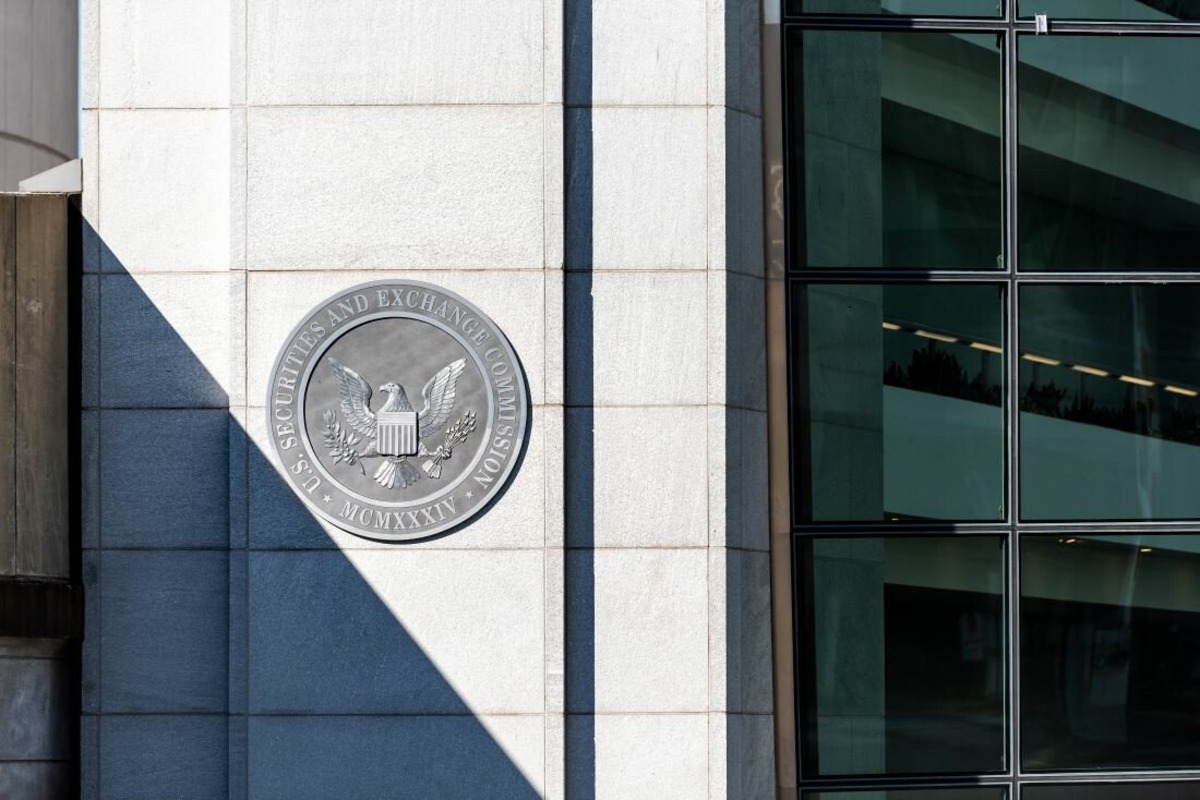Coinbase Lawyers Claim Biden Student Loans Ruling Strengthens Defense Against SEC

Coinbase’s legal team argued in a recent legal filing that a recent U.S. Supreme Court judgment on student debt cancellation supports their fight against SEC charges of operating an unregistered securities venue.
The Securities and Exchange Commission (SEC) filed a lawsuit on June 6, accusing Coinbase of violating federal securities law.
However, Coinbase contends that the lawsuit is an attempt by the SEC to exert excessive control over the digital asset industry.
Coinbase highlighted the significance of a recent Supreme Court ruling on student debt cancellation shortly after the exchange presented its initial defense.
The ruling, Biden v. Nebraska, concluded that the Secretary of Education exceeded his authority by canceling approximately $430 billion in student debt.
This decision emphasized the legal doctrine that government agencies must have explicit congressional support when making decisions of significant economic or political importance.
Coinbase argues that the implications of this ruling extend to its case, as lawmakers have yet to establish clear regulatory frameworks for the cryptocurrency industry.
The exchange asserts that the SEC’s lawsuit represents an attempt to exert excessive control over digital assets without the necessary guidance from Congress.
Coinbase Challenges SEC’s Regulatory Authority in Legal Filing
Coinbase, in its legal filing, argues that the SEC lacks the “clear congressional authorization” necessary to exert regulatory control over digital assets.
The company points to ongoing congressional deliberations concerning regulatory frameworks for the digital asset industry, including a bipartisan bill that favors the Commodity Futures Trading Commission (CFTC) over the SEC.
The SEC maintains that digital assets like Solana (SOL), Cardano (ADA), and Polygon (MATIC) should be classified as regulated securities and accuses Coinbase of knowingly operating without proper registration.
Similar allegations have been made against Binance and Bittrex, which deny the charges and contest the SEC’s jurisdiction.
A preliminary hearing was scheduled for yesterday in a New York courtroom, marking the commencement of what could be a protracted trial.
Separately, Coinbase recently won in the Supreme Court, with judges ruling that a user’s lawsuit against the exchange could only proceed after an appeal.
Coinbase Asserts Additional Defenses Against SEC, Urges Prompt Consideration
Coinbase puts forth additional defenses, including abuse of discretion, equitable estoppel, unclean hands, and laches, which stem from the SEC’s alleged regulatory overreach, sudden policy reversals without adequate notice, and resulting prejudice to Coinbase and its shareholders.
The company argues that these defenses are grounded in the same factual basis as its fair notice defense, which the SEC does not seek to strike.
The legal battle between Coinbase and the SEC holds immense significance for the cryptocurrency industry as a whole. Beyond determining Coinbase’s fate, the outcome of this trial could have a lasting impact on the regulatory landscape surrounding digital assets in the United States.
With lawmakers currently deliberating various digital asset laws, including one favoring the CFTC over the SEC, there is growing anticipation for more transparent and comprehensive regulatory frameworks.









